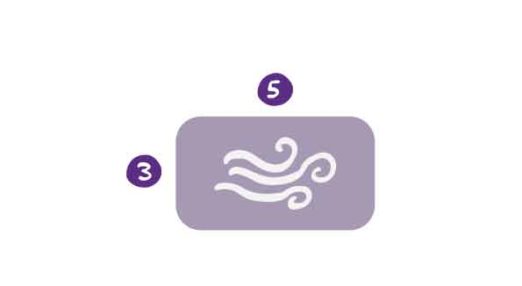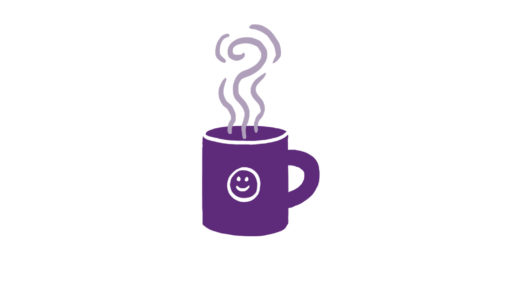Panic attacks and anxiety
A common issue for people who have experienced traumatic events is intense anxiety which is sometimes referred to as a panic attack.
This can include distressing physiological symptoms like difficulty breathing, shaking, numbness or tightness in the chest.
You may also have feelings of terror or dread, or thoughts of being convinced that you are dying, losing your mind, or something terrible will happen.
The combination of physical and psychological aspects can lead to a kind of vicious cycle that can be debilitating. People find themselves worrying that they are going to have more panic attacks, which can prompt more anxiety, and so on.
Tips for dealing with panic attacks
- When you notice the signs, say to yourself, ‘I know what is happening, it’s just a panic attack. These are physical symptoms and they will pass’.
- Remind yourself that you have got through this before and you will get through this again.
- Use your sense of touch – deliberately pay attention to the feel and texture of your chair or clothing.
- Distract your thoughts with anything mathematical or analytical such as counting back from 98 in 3s or doing a word puzzle.
- Learn the signs of early anxiety and use a grounding self-help tool when you start to feel uneasy to stop it escalating into panic.
-

3-5 Breathing Method
Learn a very simple method to help you sleep and manage panic attacks or flashbacks.
See more
-

Safe Space Exercise
You can use this exercise any time to feel calm. It will help you sleep and can be used to bring yourself out of a flashback.
See more
-

Breath Meditation
Learn a way you can use your breath to cope with a flashback or reduce anxiety. Doing this regularly even when you feel fine will improve your overall wellbeing.
See more
"It's hard for me to remember back to how I felt before I had told anyone. The first step is very hard, but I want to assure people that it is worth it. Counselling has helped me to explore some of the issues I’d been struggling with over many years and I feel much more grounded now”


